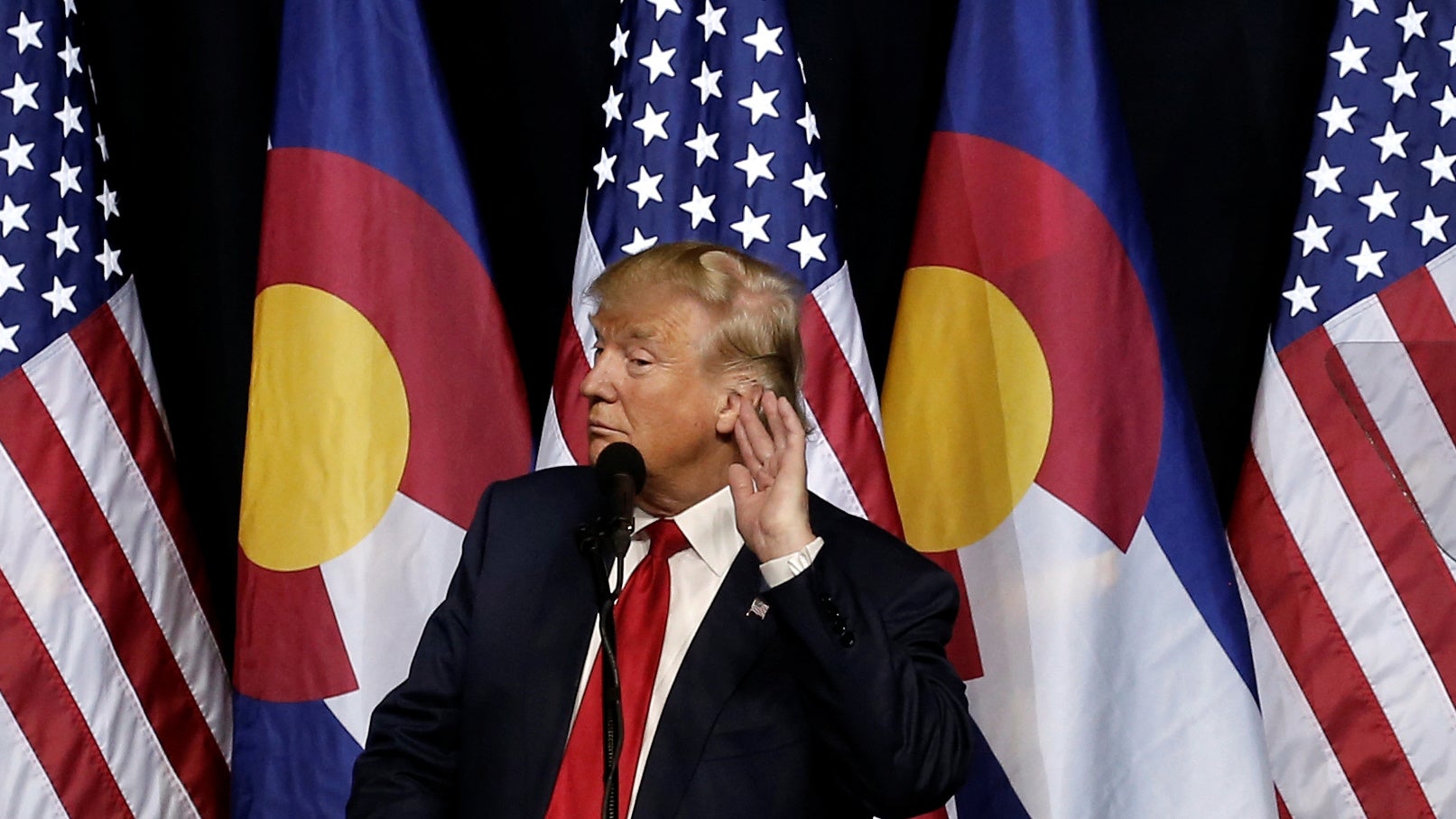Donald Trump’s shifting positions have everything to do with the last person he spoke with
Barack Obama was known for his basketball prowess in the White House, but no president crosses up his opponents and allies more than Donald Trump.


Barack Obama was known for his basketball prowess in the White House, but no president crosses up his opponents and allies more than Donald Trump.
Trump’s constantly shifting policies could be charitably seen as clever expediency, but more and more often, it appears that the president is simply repeating the last thing he heard from an adviser, lobbyist, or head of state.
Yesterday, for example, Trump, made a rapid about-face on two big economic issues. Having spent his campaign for president arguing that China has intentionally under-valued its currency and that the Federal Reserve is risking inflation with low interest rates, he abruptly reversed both of those positions in an interview with the Wall Street Journal. Now, China is not a manipulator, and Trump hinted that he may re-nominate Fed Chair Janet Yellen, who is seen as too dovish by many conservatives.
These positions aren’t controversial among experts—China has been trying to keep its currency up, not down, and there’s an active debate over whether the Fed should wait before it hikes interest rates. But how did Trump come to conclusions diametrically opposed to his campaign trail promises?
Here’s a hint: Treasury secretary Steve Mnuchin sat in on the interview. A former Goldman Sachs partner, Mnuchin is among the aides viewed as having a ”globalist” or influence by the hardcore conservative nationalists also populating the White House.
This isn’t the only time a Trump realization has been prompted by a nearby interlocutor. In February, he hosted a White House summit with health insurance executives. Trump, who confidently told voters “nobody knows the system better than me, which is why I alone can fix it,” emerged from the meeting a changed man. “Now, I have to tell you, it’s an unbelievably complex subject,” he said. “Nobody knew that health care could be so complicated.”
Perhaps the most worrisome aspect of this on-the-job education came in a startling anecdote about Trump’s efforts to restrain North Korea’s burgeoning and belligerent nuclear program. US diplomats have worked for decades with China in an attempt to influence the isolated dictatorship, with little success.
Trump, in his meetings with Chinese president Xi Jinping last week, expressed his view that China should be able to swiftly get North Korea back on the straight and narrow path. Xi quickly straightened Trump out by explaining the history of the region, Trump told the Journal.
“After listening for 10 minutes, I realized it’s not so easy,” Trump told the Journal. “I felt pretty strongly that they had a tremendous power…but it’s not what you would think.”
It’s far from clear how long any of these ideas will remain fixed in the president’s mind. But for a sneak peak into the president’s thoughts, just take a look at who he spoke with most recently.